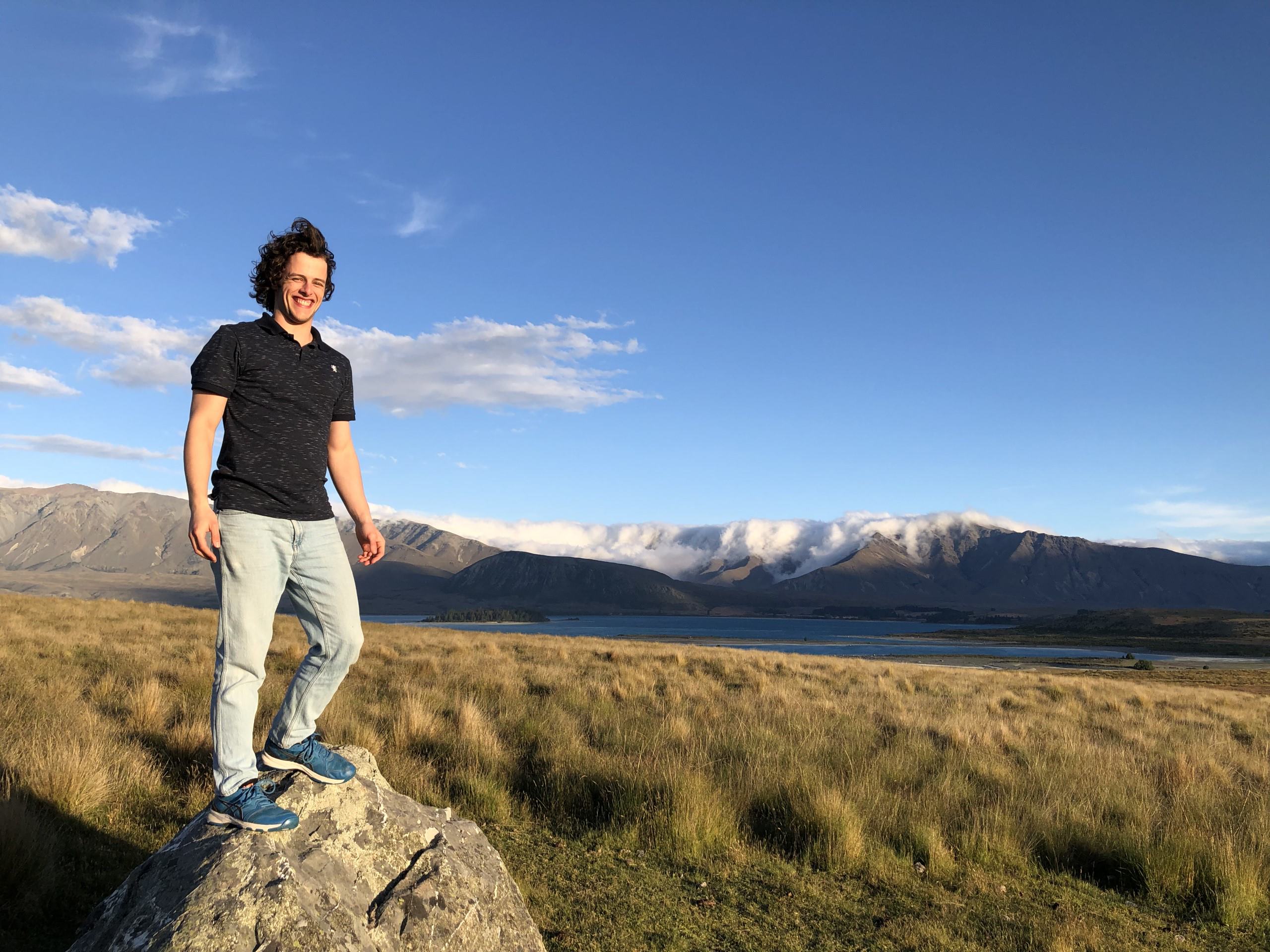
Girl’s reaction to signing Santa will make your day
December 8, 2016
Deaf Indian Boy Wows Judges on ‘Super Dancer’
December 12, 2016This is how you should actually talk about deaf people in Pop Culture

More and more D/deaf people are showing up in Pop Culture today – from performances on reality TV shows, to commercials, to Broadway performances.
It’s great that more people with #DeafTalent are making headlines, and that deafness and hearing loss overall are becoming more talked about topics. I believe this is all necessary to break down the stigmas of hearing loss.
There’s just one little problem…
Most of us who are advocates for the hearing loss community just want one simple thing: inclusivity.
We want to be able to laugh at things you laugh about, experience things the way any normal hearing person experiences them. Especially if the topic is about deafness.
Breaking the Silence
A few weeks ago, Channel 4 aired a live documentary in the UK called “Breaking the Silence”, which showed cochlear implant patients having their cochlear implants switched on for the first time.
WATCH: Breaking the Silence (Live On-Demand) until Wednesday, Dec. 21 2016.
As a hearing aid user, I’ve always had my views on cochlear implants, so I tuned into the show, and connected with the hearing loss community, as we tweeted to share our thoughts.
What went wrong
As I mentioned, inclusivity is really important for those of us with hearing loss. We spend our entire lives not being able to hear the TV as well as our friends, not always able to go to the cinema, and being portrayed in a way that diminishes our abilities.
What you must know is that we CAN do anything than anyone else can. We just sometimes need some extra support.
Subtitles
For first impressions, the subtitles were placed right in the middle of the screen on top of people’s lips which caused a lot of commotion to D/deaf people watching the show.
I rely on subtitles when watching TV, as many other deaf people, so it’s important to have accurate subtitles at the bottom of the screen so we can watch and understand the show.
Personas
I continued watching the show, and for each person, they told you a brief description of each person’s hearing loss story and showed you their ‘live’ switch on. It was great to watch their reactions as their implants were being switched on and to listen to their description of the sound coming through the implants. Most described it as a ‘tinny’ or ’robotic’ sound, which I found fascinating.
Although it was a good show, I noticed that nearly all the people shown in the episode had become deaf later in life and were middle-aged or older. I was expecting some babies or younger people on the show to give hearing aid teenage users, like myself, a view on what cochlear implants meant to them and what made them choose that decision.
Read more: From a Hearing Aid to a Cochlear Implant
The show also didn’t mention any information about who’s eligible for a cochlear implant, the run up to the operation, or the operation itself, with the risks involved. It primarily focused on all the switch on’s being successful, but what about the ones that aren’t?
It would’ve been great if the show could feature some clips from the cochlear implant recipients from a few months later, with how it’s helped in their lives. But then again, the show wouldn’t be live.
Overall
It’s great that the show attracted lots of viewers and I hope it raises a bit of deaf awareness in our popular culture, and gives an insight into some of the lives d/Deaf people.
It was very good for the programme to portray deaf people in a positive light. They informed viewers about the technology and medical expertise available that can change the lives for these people. I’m pleased for those who received cochlear implants that worked and I hope it will continue to work for them.
I hope, however, that television producers consider including hard-of-hearing people in all the productions they create. There are real implications of badly placed subtitles, especially with his programme that was watched by many D/deaf and HOH people.



